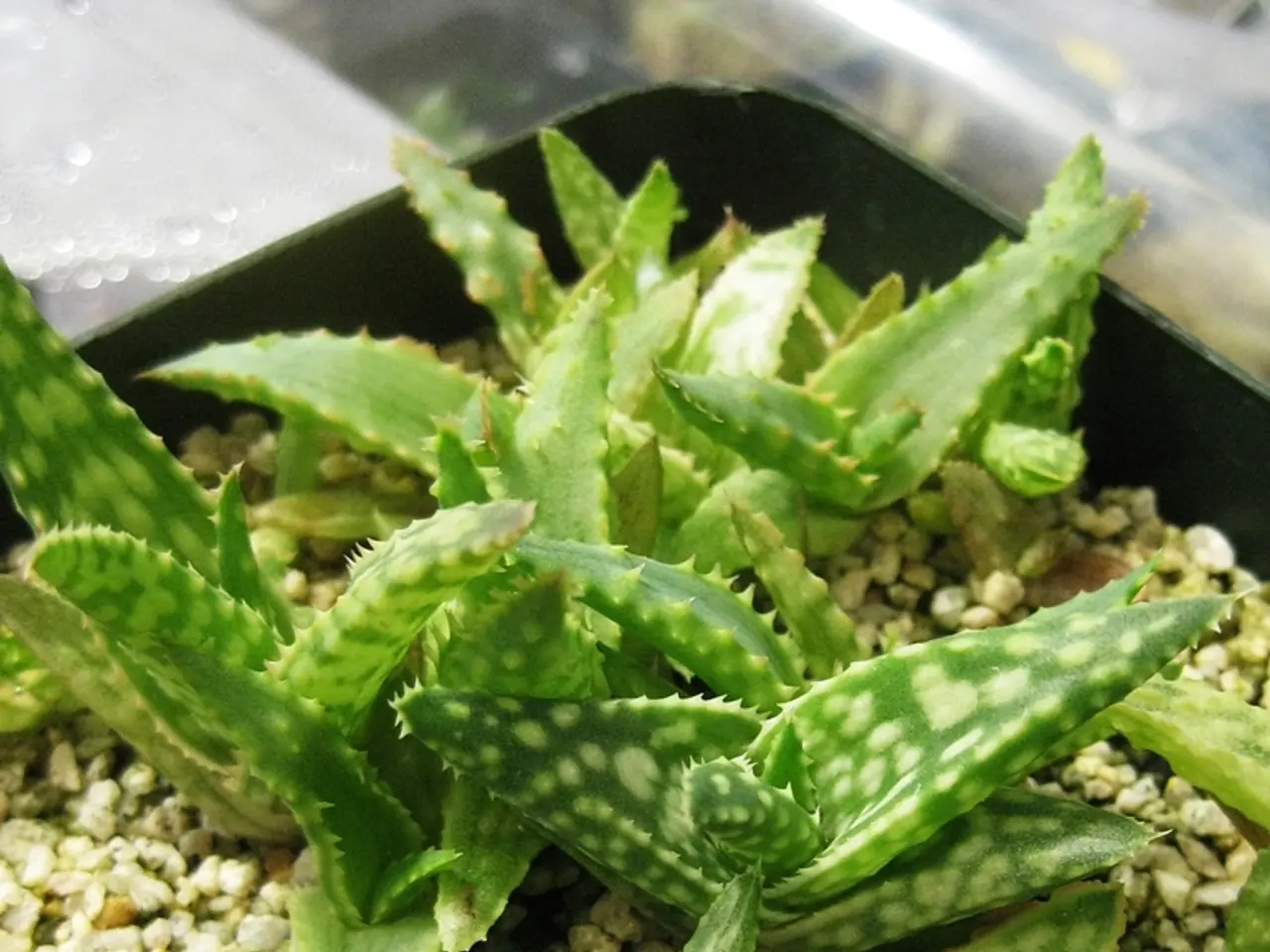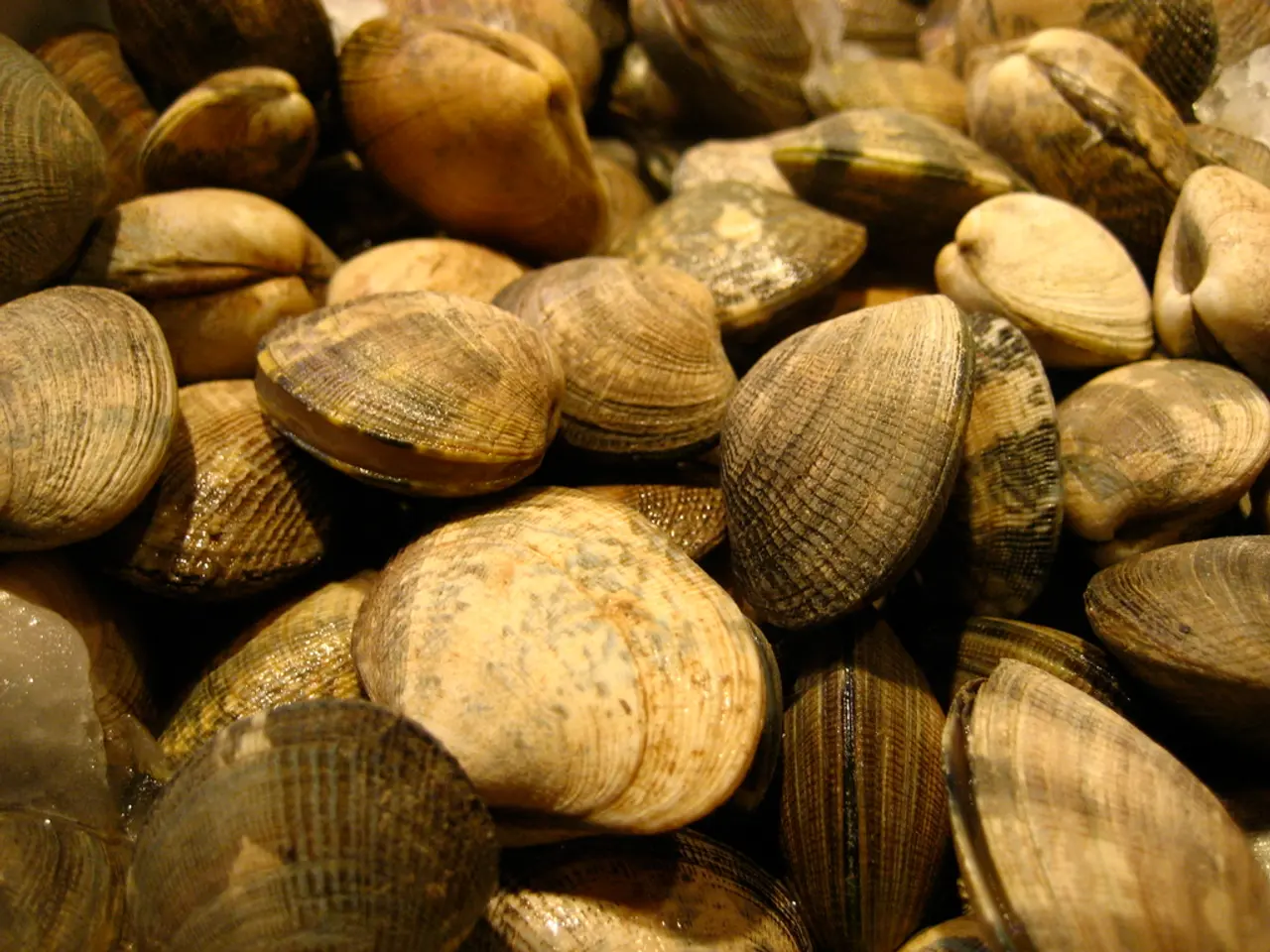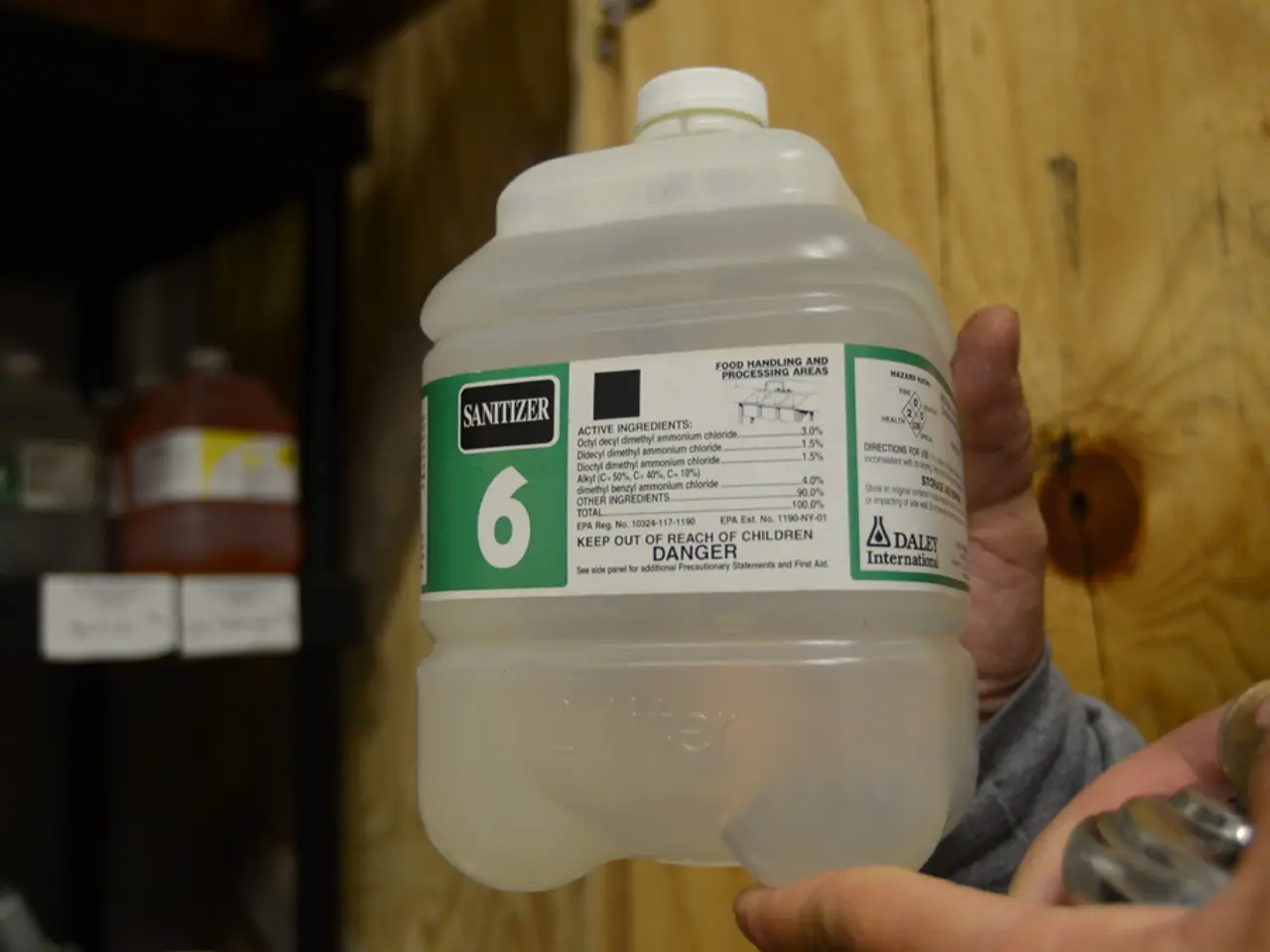Aloe vera and eczema: Advantages, drawbacks, and application guidelines
Eczema, a condition that causes patches of skin to become itchy and irritated, affects millions worldwide. While there is no one-size-fits-all cure, a popular natural remedy that has garnered attention is aloe vera.
Aloe vera, rich in antioxidants, is known for its anti-inflammatory, moisturizing, and skin barrier-restoring properties. These properties make it a promising candidate for eczema treatment, according to scientific research.
The active compound acemannan in aloe vera stimulates angiogenesis, collagen production, and glycosaminoglycan synthesis, helping speed healing and repair of the skin. Aloe vera also inhibits proinflammatory cytokines such as interleukins IL-1, IL-6, and TNF-α, reducing skin redness and itching typical of eczema.
Moreover, the gel forms a hydrophilic film on the skin, reducing transepidermal water loss and restoring the impaired skin barrier function found in eczema. Acemannan attracts and retains moisture in the outer skin layer, providing intense hydration.
These combined actions make aloe vera a useful natural complement to soothe eczema symptoms, especially dryness and itchiness. However, it's important to note that while these mechanisms are well characterized, clinical research directly proving aloe vera’s effectiveness specifically for eczema is limited.
Other potential benefits of aloe vera include its antimicrobial effects, which could help prevent skin infections in eczema, and its ability to promote wound healing.
To use aloe vera, one can take the gel straight from a live aloe vera plant or purchase products that list aloe vera or aloe juice as the main ingredient. It's crucial to avoid products with fragrances and alcohol, as they can dry and irritate the skin.
Before using aloe vera as a treatment for eczema, it's essential to consult a doctor, especially in children and babies. A patch test can help avoid potential irritations and allergies. While aloe vera may cause mild skin reactions like itching or burning in some people, these adverse effects can be minimized by applying aloe vera to a small patch of skin first.
In summary, while more rigorous clinical trials are needed for conclusive evidence of aloe vera's efficacy as a treatment for eczema, its anti-inflammatory effects and ability to hydrate and help restore skin barrier function make it a promising natural remedy. As always, consult a healthcare professional before starting any new treatment.
- Treatmentseekers looking for natural alternatives may find aloe vera beneficial, given its properties known to be effective in soothing eczema symptoms such as dryness and itchiness.
- Science states that the active compound acemannan in aloe vera helps speed healing and repair of the skin, inhibits proinflammatory cytokines, and forms a hydrophilic film on the skin, reducing transepidermal water loss.
- Besides its eczema-related benefits, aloe vera's antimicrobial effects may help prevent skin infections, while its ability to promote wound healing is another advantage.
- It's essential for health-and-wellness enthusiasts to consult a doctor, especially in children and babies, before using aloe vera as a treatment for eczema, doing a patch test to avoid potential irritations and allergies.




